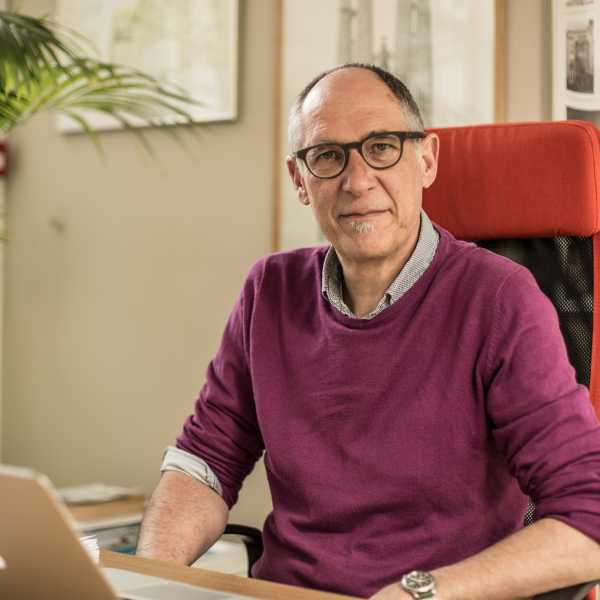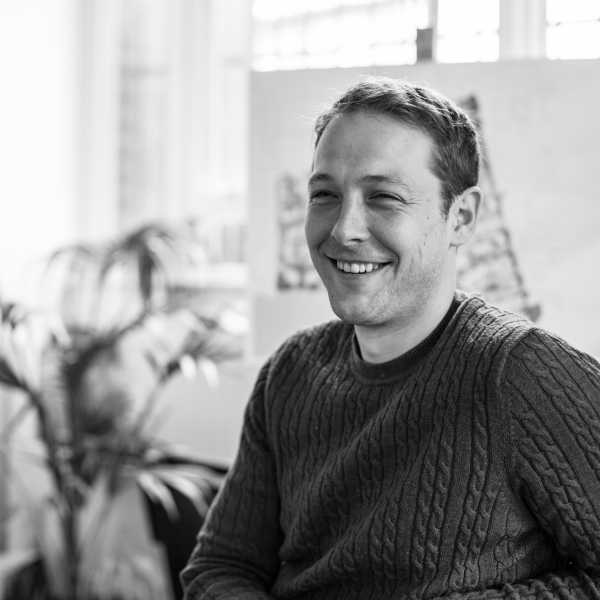Sustainability – the myth unravelled
 “We are close to the tipping point where global warming becomes irreversible. Trump’s actions could push the earth over the brink, to become like Venus, with a temperature of 250 degrees, and raining sulfuric acid. Climate change is one of the great dangers we face, and it’s one we can prevent if we act now. By denying the evidence of climate change and pulling out of the Paris Climate Agreement, Donald Trump will cause avoidable environmental damage to our beautiful planet, endangering the natural world for us and our children.”
“We are close to the tipping point where global warming becomes irreversible. Trump’s actions could push the earth over the brink, to become like Venus, with a temperature of 250 degrees, and raining sulfuric acid. Climate change is one of the great dangers we face, and it’s one we can prevent if we act now. By denying the evidence of climate change and pulling out of the Paris Climate Agreement, Donald Trump will cause avoidable environmental damage to our beautiful planet, endangering the natural world for us and our children.”
Professor Stephen Hawking’s reaction to President Trump’s decision for the USA to exit the Paris Climate Agreement has had a powerful impact – making headlines worldwide and succinctly summarising the damaging consequences of this choice. It captures exactly what Blueprint is aiming to spotlight through our projects: the need to be aware of our impact on the environment and to create spaces which will contribute to prolonging the productivity of our planet. The need to live sustainable lives.
Sustainability has become one of the most debated and controversial topics of our time, causing divisions globally and dividing businesses on how best to achieve it while simultaneously making a profit.
But what really is sustainability? We hear this word, alongside jargon such as ‘eco-friendly’, ‘green living’ and ‘environmentally friendly’ on a daily basis when we switch on the TV news, tune into radio discussions or scroll through our Twitter feeds. The topic is now ever-present in our society and has become an established part of our rhetoric quite quickly. Yet in my opinion, there’s still confusion for many around what it means to run a sustainable business or live a sustainable lifestyle.
Simply put, sustainable actions are those which do not deplete natural and human resources. Our supply chain is wholly dependent on nature, and so living a sustainable lifestyle means being aware of how our choices and actions impact on our supply chain.
At Blueprint we specialise in the development of sustainable homes and workspaces, which will contribute to achieving a balance that ensures the wellbeing of our ecosystems and societies. We create buildings which begin with this concept and our team is switched on to the sustainability trends affecting the world we live in today. Climate change, biodiversity, energy efficiency, reducing carbon emissions, population growth – these are all key factors in how we design and develop our projects.
And we think the population, particularly millennials, are becoming more and more switched on to these crucial topics too. We’ve observed a growing consumer preference for ethical business which in turn has translated into homebuyers more frequently opting for a sustainable home. For example, at our latest development in Nottingham, Trent Basin, we have sold more than a third of the homes in Phase 1 to first time buyers aged 25-35.
Each home at Trent Basin meets the 2016 Fabric Energy Efficiency Standards and reaches the proposed maximum space heating and cooling energy demand for zero carbon homes – in a nutshell, the houses maximise the performance of the building components and materials before considering the use of other energy facilities.
Our theory is that once the demand for energy is reduced through our energy efficient buildings, the next logical step is to meet the remaining demand for energy in the most sustainable fashion possible. Working with an impressive consortia that includes the University of Nottingham, AT Kearney, SmartKlub and others we’re preparing to oversee the installation of Europe’s largest community energy battery at Trent Basin which, alongside solar photovoltaic panels and ground source heat pumps, will enable us to generate, store and distribute energy at a neighbourhood level. This process will be managed by a unique energy services company. The project will be a first in the UK and is supported by Innovate UK.
The first electric car charging point has also been installed at Trent Basin and we have plans for more. The demand for electric cars is expected to grow exponentially over the next decade. Just recently Volvo announced that all new models from 2019 will be hybrid or battery powered. Other manufacturers are likely to follow. The new community and its ethos at Trent Basin is proving to be very popular with younger buyers who are ever-more exposed to debates about the future of our planet.
I’m extremely passionate about conversations which work to bring people on board with sustainability, which attract them to lifestyles such as the community we’re creating at Trent Basin, and which highlight the individual and societal benefits of choosing to acknowledge and react to the threat of global warming. Blueprint is committed to starting and encouraging these conversations and we’re thrilled with the positive reactions to our projects we’re receiving.

